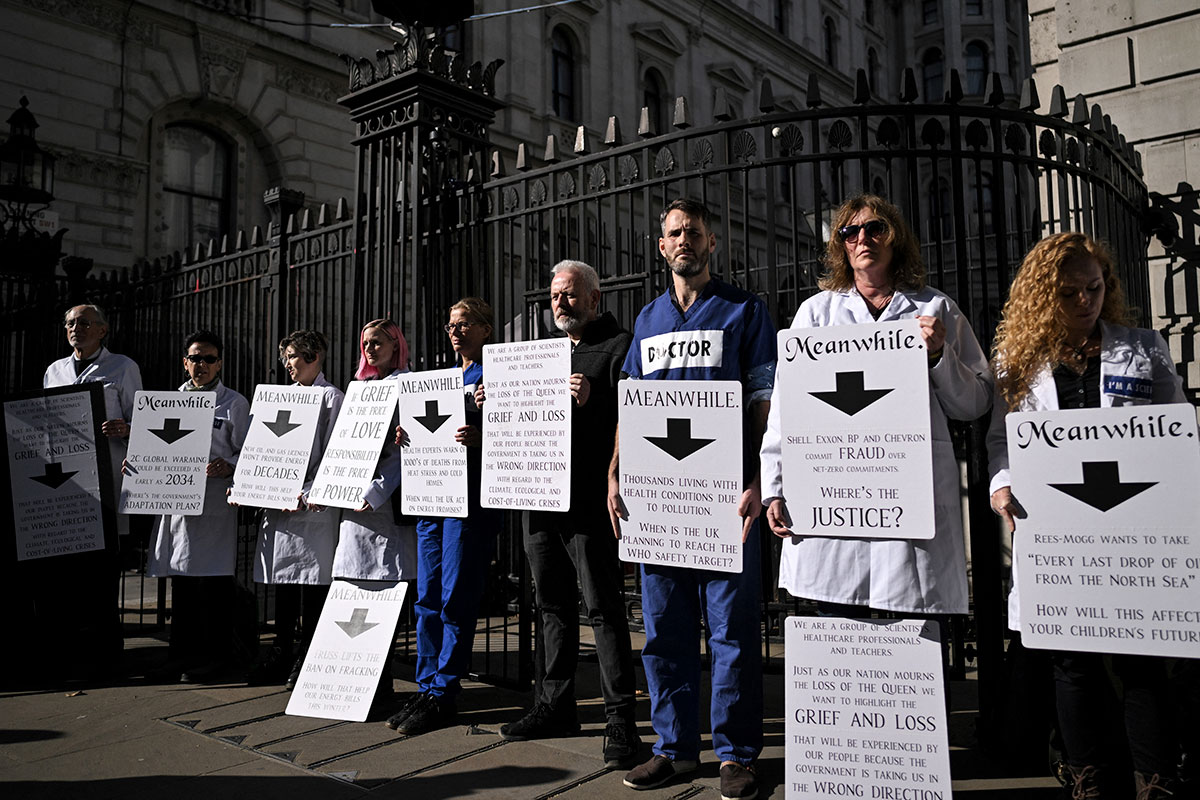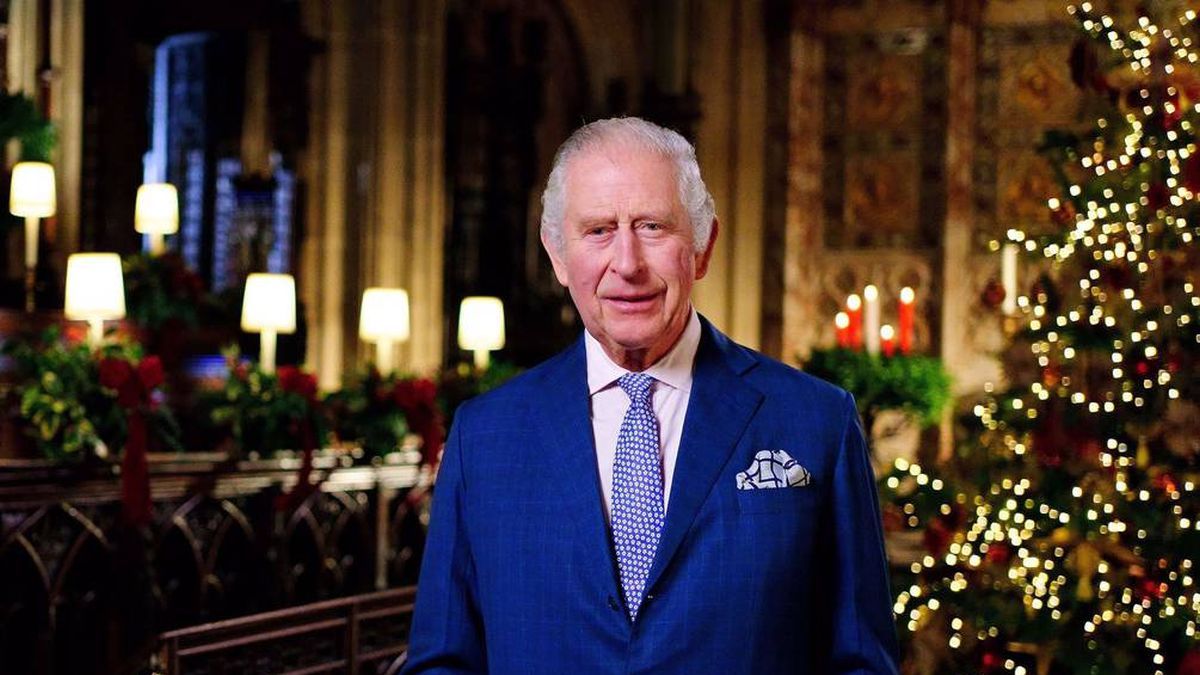Resident doctors will join the strike this Wednesday along with their specialist colleagues, initiating a crackdown to demand increased pay, an unprecedented event in the history of the UK’s National Health Service (NHS).
This joint action emerged as a response to the crisis experienced by the British health system and the impact of inflation which is still at 6.8% annually.
For months, both categories of professionals have been on separate strikes, leading to the cancellation of thousands of shifts and procedures.
However, this is the first time they have joined a protest that will last for 48 hours, offering only emergency services, while residents scheduled the action for three days.
“It is vital to reach an agreement to end this dispute and prevent future strikes, especially with winter approaching,” the British Medical Association (BMA) union said in a statement.
A controversial law
This call for attention comes after the Government announced controversial legislation setting minimum services in the event of a strike, giving rise to resistance and discontent among medical unions.
The specialists’ strike will last for 48 hours and only offer emergency services.
Meanwhile residents will unite on Wednesday by extending the measures for three days.
On Thursday, resident doctors will go on an all-out strike, requiring specialist doctors to provide cover.
Crisis in the health system
Health Minister Steve Barclay told Sky News he respected the right to strike, but explained that in the case of doctors, “they have to balance that with the right of patients to receive essential medical care.”
Meanwhile, Matthew Taylor, from the NHS Confederation, expressed concern, suggesting the Government may be underestimating the risks associated with a strike.
Since December, nearly a million treatments and appointments, including cancer care, have been rescheduled because of the strike
“If this Government truly valued patient safety, this would not have weakened the health service over the last decade,” said Phil Banfield, chairman of the BMA board.
He said that restrictions on union activities were an attack on the profession and clarified that the strike was the result of a lack of personnel and disrespect for doctors, whom they had praised during the pandemic.
“The solution is for the Government to provide a credible salary offer and not just focus on strike days,” he said.

“Internet trailblazer. Troublemaker. Passionate alcohol lover. Beer advocate. Zombie ninja.”







